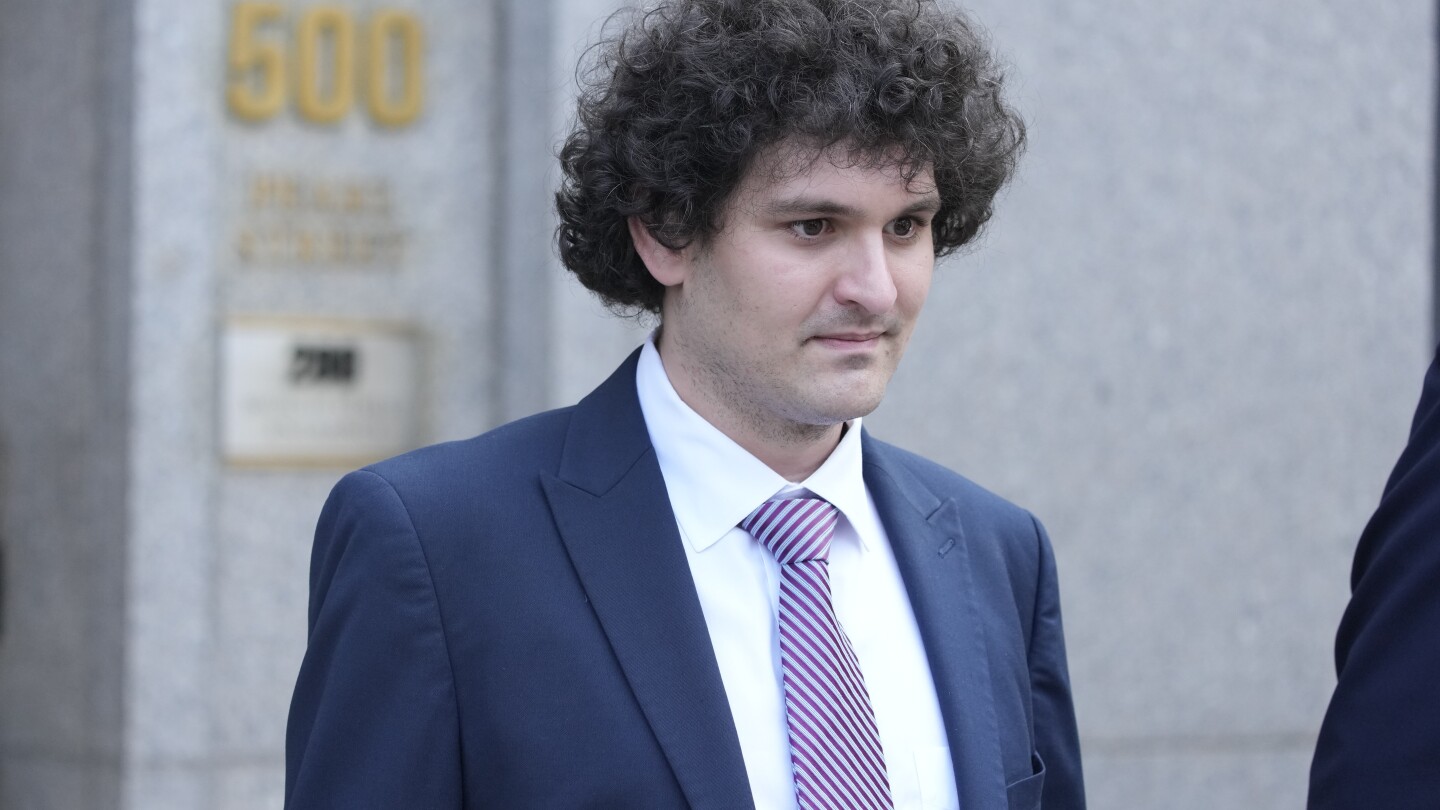
FTX Founder Sam Bankman-Fried Accused of Financial Crimes and Fraud
In a high-profile trial that began this week, FTX founder Sam Bankman-Fried is facing allegations of committing financial crimes and misleading the public before the collapse of the cryptocurrency trading platform last year. As the trial continues, prosecutors are presenting evidence to prove that Bankman-Fried stole billions of dollars from investors and customers for personal gain and to influence cryptocurrency regulation.
Testimony from Gary Wang, the co-founder of FTX and Bankman-Fried’s trusted colleague, has shed light on the extent of the alleged financial crimes. Wang, who also shared ownership in Alameda Research, a cryptocurrency hedge fund, admitted to committing wire, securities, and commodities fraud as the chief technical officer at FTX. He revealed that he and Bankman-Fried illegally withdrew $8 billion in FTX funds through the hedge fund. According to Wang, Bankman-Fried directed these illegal activities.
These revelations came on the second day of Wang’s testimony, where he admitted to lying to the public and allowing Alameda Research to withdraw unlimited funds from FTX. Wang testified that the computer code controlling Alameda Research’s operations was designed to provide a line of credit of $65 billion. Wang claimed that Bankman-Fried instructed the development of this special code.
The trial is expected to last up to six weeks, and prosecutors have promised to present testimony from Bankman-Fried’s “trusted inner circle” to establish his criminal intent. Defense lawyers argue that Bankman-Fried’s actions were driven by an attempt to salvage his businesses after the cryptocurrency market collapse, rather than intentional theft.
Bankman-Fried, who has been in jail since August and was extradited to the United States from the Bahamas, has pleaded not guilty to the charges against him. The trial will continue to unfold as additional witnesses, including former top executives Carolyn Ellison and Nishad Singh, provide testimony against Bankman-Fried.
In related testimony, Adam Yedidia, a former software developer for FTX, revealed that he became concerned when he discovered that Alameda Research had used investors’ money to pay creditors. Yedidia shared that he had expressed his concerns to Bankman-Fried, who responded by saying that they were not “bulletproof” and that it could take several years to regain financial stability.
As the trial proceeds, the outcome will have significant implications for the cryptocurrency community and regulatory bodies. If convicted, Bankman-Fried could face severe penalties, and the trial will serve as a landmark case involving financial crimes and fraudulent activities in the cryptocurrency industry.
It remains to be seen how the defense will counter the allegations and whether Bankman-Fried’s reputation as a prominent figure in the cryptocurrency world will play a role in the jury’s verdict. The trial will undoubtedly shape the future of cryptocurrency regulation and the public’s perception of this rapidly evolving industry.






